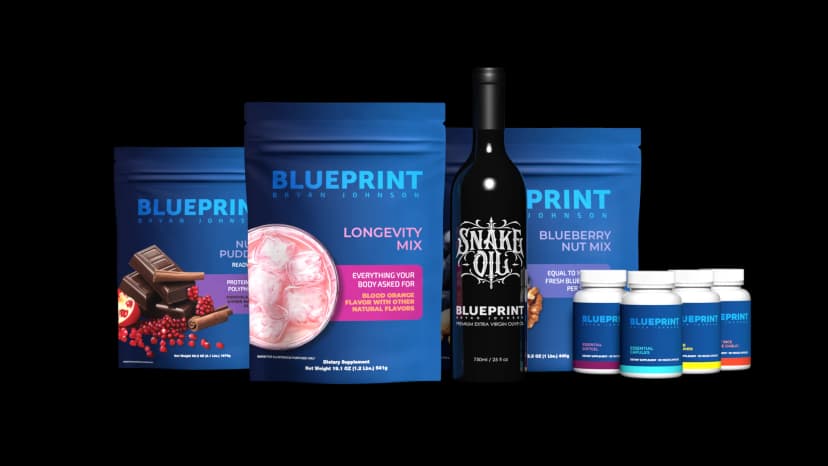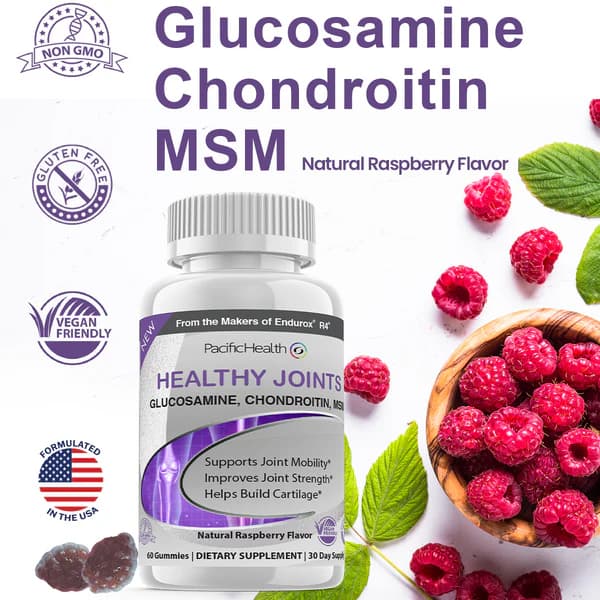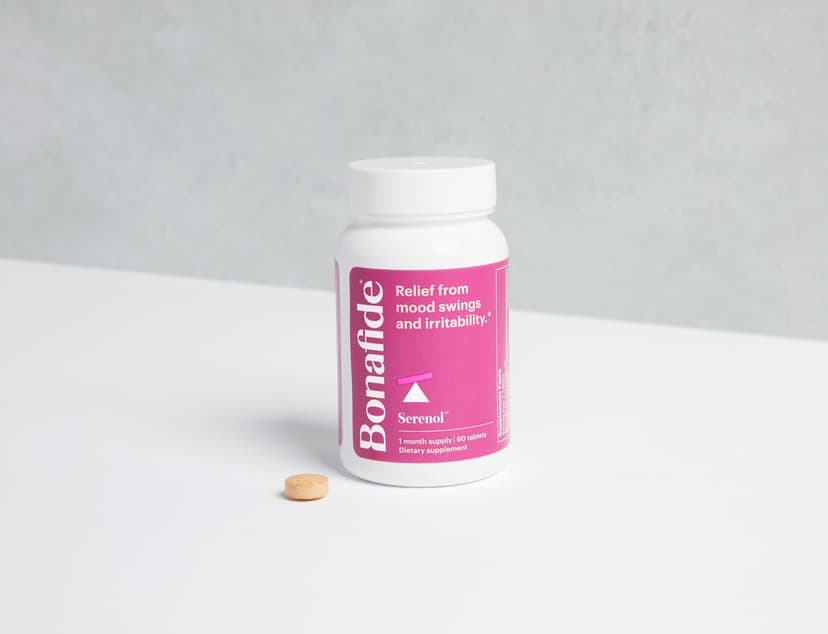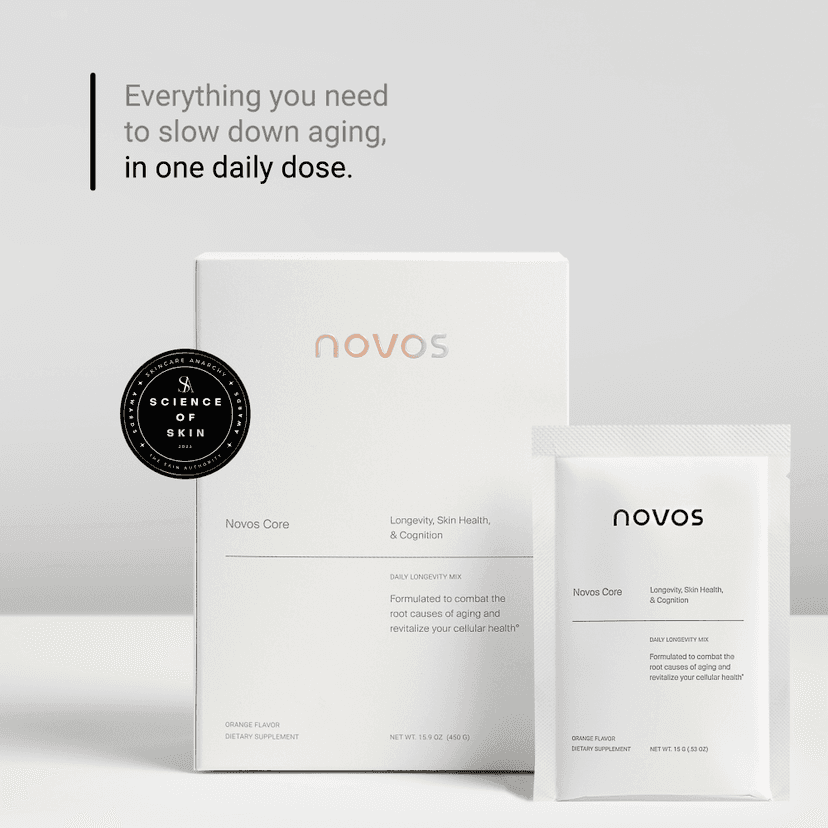Eating right can help us live longer and healthier lives. What we eat affects our bodies and minds as we get older. This article looks at how different diets and foods can help us age well. It also talks about how our gut health, new science tools, and even our social lives can play a part in living a long, healthy life.
Key Takeaways
- Healthy aging is strongly influenced by our diet and eating habits.
- Gut health and a diverse microbiome are important for a long life.
- New biomarkers can help us understand aging and related diseases better.
- The Mediterranean diet is a great example of eating for longevity.
- Mindful eating and social meals can boost both health and happiness.
The Role of Diet in Healthy Aging
Dietary Patterns of Elderly Populations
Diet plays a crucial role in how we age. Studies show that elderly people who follow certain eating patterns tend to live longer and healthier lives. These patterns often include a higher intake of plant-based foods and fewer processed items. Eating habits like these can help reduce the risk of chronic diseases.
Impact of Caloric Restriction
Caloric restriction, or eating fewer calories while still getting enough nutrients, has been linked to longer lifespans. This approach can help lower oxidative stress and inflammation in the body. It also improves metabolism and cell function, which are important for healthy aging.
Nutrient-Rich Foods for Longevity
Certain foods are packed with nutrients that support a long and healthy life. These include:
- Garlic
- Purple sweet potatoes
- Soya beans
- Olive oil
Including these foods in your diet can provide essential vitamins and minerals that promote overall well-being.
Continuing to explore and advance knowledge on dietary changes that promote healthy aging is crucial for improving overall population health, reducing healthcare burden, and facilitating economic growth.
Diet-Microbiome Interactions and Longevity
Gut Health and Aging
The gut microbiome plays a crucial role in our overall health, especially as we age. A balanced gut microbiome can help reduce inflammation and improve nutrient absorption, which are vital for maintaining health in older adults.
Probiotics and Prebiotics
Probiotics and prebiotics are essential for supporting a healthy gut. Probiotics are live bacteria that provide health benefits, while prebiotics are fibers that feed these beneficial bacteria. Including foods like yogurt, kefir, and fiber-rich vegetables in your diet can promote a healthy gut microbiome.
Microbiome Diversity and Life Expectancy
A diverse microbiome is linked to a longer life. Different types of bacteria in the gut can help protect against various diseases. Eating a variety of foods, especially fruits and vegetables, can help maintain this diversity.
Maintaining a healthy gut microbiome is not just about what you eat, but also about how you live. Regular exercise, adequate sleep, and stress management are also important.
- Include a variety of fiber-rich foods in your diet.
- Consume fermented foods like yogurt and kefir.
- Avoid excessive use of antibiotics, which can harm gut bacteria.
| Food Type | Examples |
|---|---|
| Probiotic Foods | Yogurt, Kefir, Sauerkraut |
| Prebiotic Foods | Garlic, Onions, Bananas |
| Fiber-Rich Foods | Beans, Lentils, Broccoli |
Emerging Biomarkers in Aging and Nutrition
Identifying New Biomarkers
Scientists are on the lookout for new biomarkers that can help us understand aging better. These biomarkers can show how well our bodies are aging and can even predict age-related diseases. Finding these markers is like finding clues in a mystery; they help us piece together the puzzle of aging.
Biomarkers and Age-Related Diseases
Biomarkers are not just about aging; they also tell us about diseases that come with age. For example, certain markers can indicate the early stages of diseases like Alzheimer's or heart disease. This early detection can lead to better treatments and a healthier life.
Technological Advances in Biomarker Research
New technology is making it easier to find and study biomarkers. Advanced tools and methods allow scientists to look at tiny details in our cells and tissues. This progress means we can find out more about how our diet affects aging and health.
Understanding biomarkers is key to unlocking the secrets of aging and living a longer, healthier life.
Socioeconomic and Political Implications of Longevity
Healthcare Costs and Aging
As people live longer, healthcare systems face increased pressure. Longer lifespans often mean more years dealing with chronic illnesses. This can lead to higher medical costs and a greater need for healthcare services. Governments and healthcare providers must find ways to manage these rising expenses while ensuring quality care for the elderly.
Policy Changes for an Aging Population
An aging population requires new policies to address their unique needs. This includes adjustments in retirement age, pension plans, and social services. Policymakers must consider how to support older adults while maintaining economic stability. Creating age-friendly environments and promoting healthy aging are key goals.
Economic Impact of Increased Longevity
Longer lifespans can have significant economic effects. On one hand, older adults can contribute to the economy through extended work years and volunteerism. On the other hand, there may be increased financial strain on social security systems and public resources. Balancing these factors is crucial for sustainable economic growth.
As the global population ages, the challenge is to ensure that additional years are lived in good health, minimizing the burden on healthcare systems and economies.
Mediterranean Diet: A Model for Longevity
Key Components of the Mediterranean Diet
The Mediterranean diet is not about one specific food but an overall eating pattern. This diet is known for its high intake of fruits, vegetables, and healthy fats. Key components include:
- Fruits and vegetables
- Healthy fats from nuts, olive oil, and avocado
- Herbs and spices
- Pulses
- Whole grains
Health Benefits of Mediterranean Eating
Studies have shown that following a Mediterranean diet can lead to longer telomere length, which is linked to longevity. For each one-point increase in the Mediterranean diet score, the risk of death from any cause drops by 4% to 7%.
The Mediterranean diet is one of the gold standards for living longer and more healthfully.
Comparative Studies with Other Diets
Research has found that people who closely follow the Mediterranean diet have a lower risk of death compared to those who do not. For example, a study involving 380,000 people showed that those who adhered to this diet had a significantly lower risk of death.
Mindful Eating and Social Dining
Benefits of Mindful Eating
Mindful eating is about paying full attention to the experience of eating and drinking, both inside and outside the body. It encourages us to savor each bite, leading to better digestion and satisfaction. This practice can help in recognizing hunger and fullness cues, which can prevent overeating.
Social Interactions and Health
Sharing meals with others can enhance our well-being. Eating together not only provides a chance to enjoy good food but also strengthens social bonds. This social interaction can reduce feelings of loneliness and depression, contributing to a longer, healthier life.
Avoiding Overindulgence
Mindful eating helps in avoiding overindulgence by making us more aware of what and how much we eat. Here are some tips to avoid overeating:
- Eat slowly and savor each bite.
- Use smaller plates to control portion sizes.
- Avoid distractions like TV or smartphones while eating.
Making mealtime a social event can improve our chances of living longer. Eating healthy food together nourishes both our bodies and souls.
Conclusion
In conclusion, eating well is key to living a long and healthy life. While there's no one perfect diet for everyone, certain eating habits can help. Choosing foods that are rich in nutrients, like fruits, vegetables, whole grains, and healthy fats, can make a big difference. It's also important to eat mindfully and enjoy meals with others. By making smart food choices, we can improve our chances of staying healthy as we age.
Frequently Asked Questions
How does diet affect aging?
Diet plays a big role in how we age. Eating nutritious foods can help us stay healthy and live longer.
What are some good foods for living longer?
Foods like fruits, vegetables, nuts, and whole grains are great for longevity. Also, healthy fats like olive oil can help.
Can eating less help me live longer?
Yes, eating fewer calories while still getting the nutrients you need can help you live longer.
What is the Mediterranean diet?
The Mediterranean diet includes lots of fruits, vegetables, nuts, whole grains, and healthy fats like olive oil. It’s known for helping people live longer and stay healthy.
How does the gut microbiome affect aging?
The gut microbiome, which is made up of all the bacteria in your stomach, can affect your health as you age. A healthy gut can help you live longer.
Why is mindful eating important?
Mindful eating helps you pay attention to what and how much you eat, which can keep you from overeating and help you stay healthy.



















